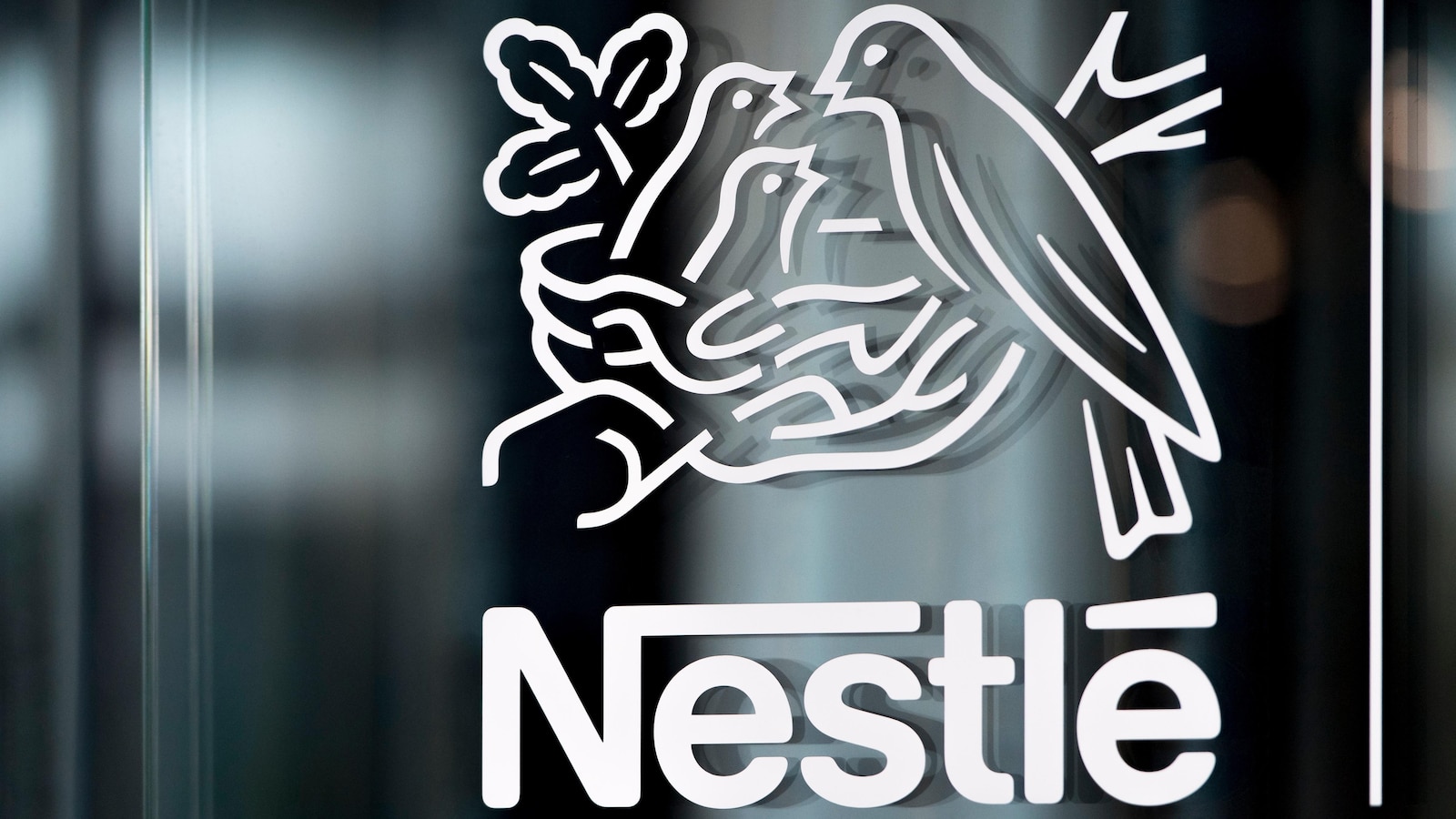Nestlé Announces 16,000 Job Cuts Amid Intensified Cost-Cutting Campaign
Nestlé plans to cut 16,000 jobs globally and increase cost cuts to 3 billion Swiss francs, despite a rise in share prices following the announcement.
Overview
- Nestlé is set to cut around 16,000 jobs globally over the next two years as part of a cost-cutting initiative.
- The job cuts will include approximately 12,000 white-collar positions, indicating a significant restructuring effort.
- The company aims to increase targeted cost cuts to 3 billion Swiss francs by the end of next year, enhancing financial efficiency.
- Despite the job cuts, Nestlé's shares rose by almost 8% on the SIX Swiss Exchange, reflecting investor confidence in the company's strategy.
- The decision to cut jobs follows rising costs in coffee and cocoa, prompting Nestlé to raise prices and streamline operations.
Report issue

Read both sides in 5 minutes each day
Analysis
Center-leaning sources frame this story primarily through a business and financial lens. They emphasize Nestlé's strategic need for cost-cutting and improved financial performance, presenting the 16,000 job cuts as "hard but necessary decisions" to "revive its financial performance" and "rebuild investor confidence." The narrative focuses on the company's turnaround efforts and the positive market reaction, largely omitting the human impact of the layoffs.
Articles (6)
Center (4)
FAQ
Most of the 16,000 job reductions will impact 12,000 white-collar roles in management and office-based positions, and 4,000 roles in manufacturing, logistics, and supply chain, but Nestlé has not yet specified which regions or individual departments will see the largest cuts.
Nestlé has pledged to offer severance packages, retraining programs, and job placement support for affected workers, emphasizing its commitment to a respectful and transparent process.
Investors have responded positively—shares rose nearly 9%—because they view the restructuring as a necessary move to improve efficiency, reduce costs, and refocus on high-growth categories, which could enhance Nestlé's long-term profitability.
Nestlé is facing mounting pressures from inflation, rising commodity costs (especially in coffee and cocoa), supply chain disruptions, increased competition, and recent import tariffs, all of which are squeezing margins and slowing sales growth.
The restructuring aims to streamline operations, boost efficiency, and redirect investment toward high-performing brands and categories such as coffee, confectionery, and premium goods, while reviewing other business units for strategic fit.
History
- 18d

 3 articles
3 articles





